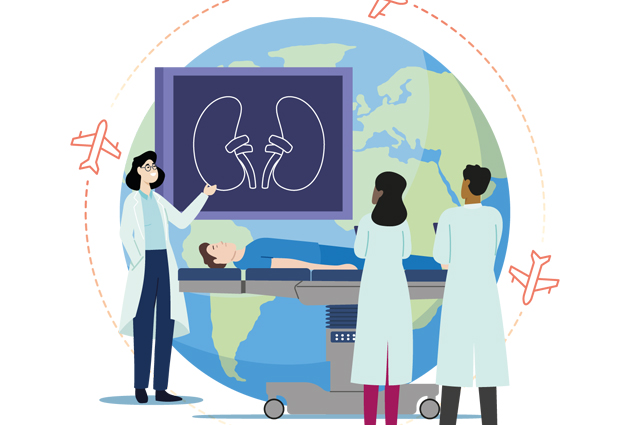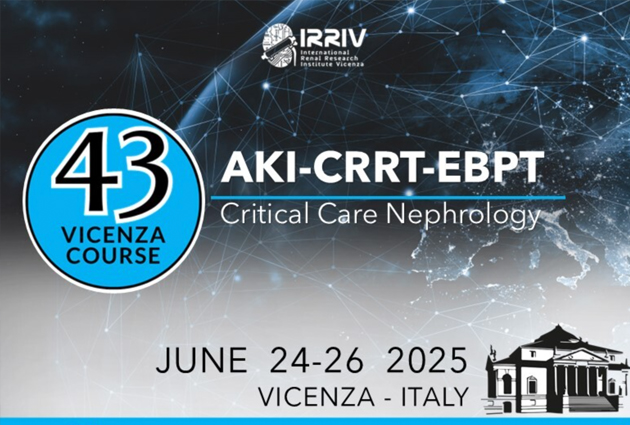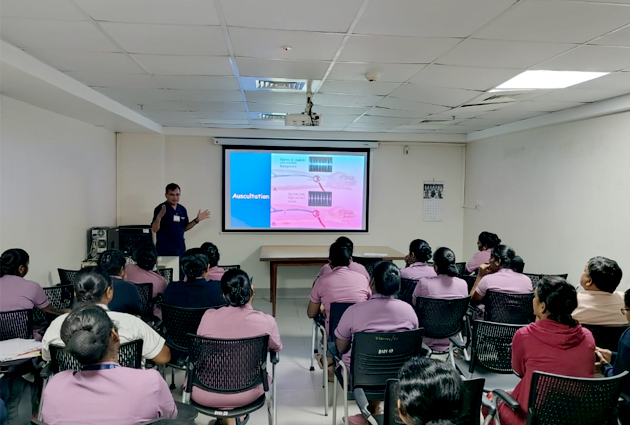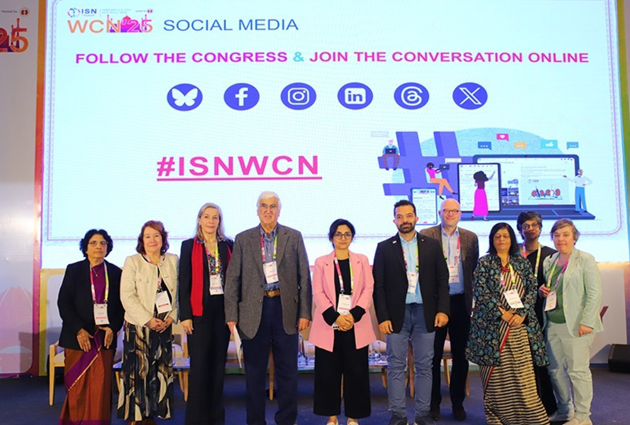“Trying to Solve the Mystery of CKDu Together”: The ISN i3C “Work in Progress” Meetings Highlight Advances and Research Opportunities in CKDu
ISN i3C Network members and ISN staff at one of the recently held “Work in Progress” meetings
The ISN i3C (CKDu) Network (International Consortium CKDu Collaborators) brought together more than 80 participants at two online interactive meetings held in June and July to discuss current, notable work on chronic kidney disease of unknown origin (CKDu).
In the sessions, ISN i3C Network members presented six reports of ongoing research projects on CKDu in Costa Rica, India, Taiwan, Nicaragua, Sri Lanka, and El Salvador. The floor was then opened to the audience, generating a rich exchange of insights and information.
The sessions were moderated by Shuchi Anand and Eranga Wijewickrama, ISN i3C Working Group chair and deputy chair, respectively.
Philip Enghard, Richard Johnson, Marc de Broe and Benjamin Vervaet presented individual projects on CKDu in different countries. Namrata Rao, Anna Strasma, and Chih-Wei Yang focused on population-based or bioburden studies in CKDu.
Philip Enghard, who presented “Surveillance to Identify Determinants of Symptomatic CKDu in Sri Lanka,” commented, “The ISN is doing a fantastic job in bringing together the community of researchers with an interest in CKDu. I particularly enjoyed the spirit of cooperation and sense of being a team working on the same problem – trying to solve the mystery of CKDu together.”
Chih-Wei Yang, who presented “Leptospirosis Kidney Disease: A Model to Understand AKI to/on CKD and CKDu,” said, “The “Work-in-Progress meetings” provided an opportunity to learn the most up-to-date hypothesis and observation of CKDu. From dehydration, silica, lysosomal accumulation to infection (virus, leptospirosis), gaining full insight for future investigations.”
ISN i3C Network member Divya Bajpai said, “The “Work in Progress” meetings covered enlightening inputs from across the globe – from surveillance strategies for early detection in Sri Lanka to amazing work on the diagnostic value of proximal tubular lysosomal lesion in CINAC from Belgium. The vital inputs from the meeting chair and other delegates during the Q and A session helped me understand the advances in the field and the potential areas for future research.”












